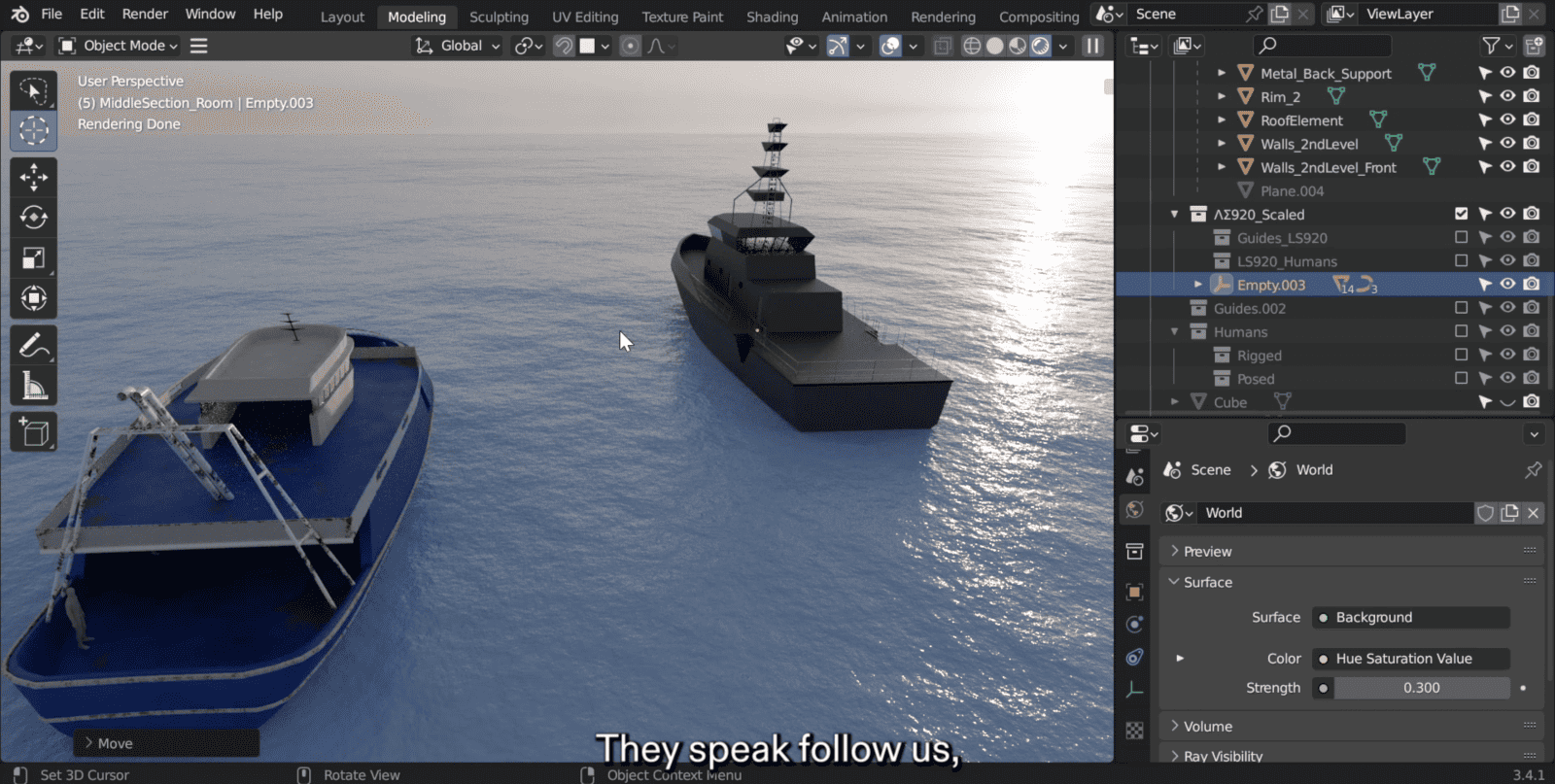aegean.forensic-architecture.org | 21 January 2024
Drift-backs in the Aegean Sea
‘Drift-backs’, as the practice of abandoning asylum seekers at sea has come to be called by some, have become routine occurrences throughout the Aegean, often resulting in injuries and drownings. Today, the scale and severity of the practice continues to increase, with ‘drift-backs’ reported from the coast of the Greek mainland, and as far south as Crete.
‘Drift-backs’ are manifestly illegal and contravene international protocols including the inalienable rights to apply for asylum and to seek rescue at sea.
Despite mounting pressure, to this day, the Greek authorities deny that ‘drift-backs’ take place in the Aegean. The Aegean Sea is not only a hotspot of state violence but also a testbed for ways to obfuscate it. Entire maritime zones, militarized islets and uninhabited rocks remain off-limits to civilian access and oversight, and are exclusively navigated and managed by the military and Coast Guard. Rescuers, activists, and journalists who operate in the region and report on human rights violations have been repeatedly criminalized and intimidated by authorities. Migrants who are intercepted there have their phones taken and destroyed before they are made to disappear.
Mobilizing the direction of sea currents, the Hellenic Coast Guard uses ‘drift-backs’ to expel asylum seekers without having to enter Turkish territorial waters. Instead, natural processes and geographical features of the Aegean archipelago - currents, waves, winds and uninhabited rocks - carry out the expulsion, distancing the perpetrators from the impact of their lethal actions. These natural processes provide a measure of deniability for those perpetrators, shielding them from accountability.
But as our research shows, this is not a plausible deniability - rather, what emerges is a systematic, calculated practice, in which actors are aware of the lethal consequences of their actions.
Spanning a period of three years, from February 28, 2020, when the first drift-back case was reported and documented, to February 28, 2023, this interactive cartographic platform hosts evidence of 2010 drift-backs in the Aegean Sea, involving 55,445 people Of these 2010 incidents, 700 were found to have taken place from, or off the shores of, Lesvos island, 238 off Chios island, 424 off Samos island, 283 off Kos, 212 off Rhodes and 123 in the rest of the Dodecanese. 26 deep ‘drift-backs’ were recorded, meaning that asylum seekers were intercepted deep inside Greek waters before being taken to the border and left adrift. One case was recorded in the North Aegean, off the island of Samothraki. FRONTEX, the European border and coast guard agency was found to have been directly involved in 122 of these cases, while it has knowledge of 417, having logged them in their own operational archives codified and masked as ‘preventions of entry’. In 3 cases, the German NATO warship FGS Berlin was present on the scene.
32 cases were recorded where people were thrown directly into the sea by the Hellenic Coast Guard, without the use of any flotation device. In 3 of these cases, the people were found handcuffed. 24 people were documented to have died during a drift-back, and at least 17 more went missing.
Mapping these cases, the platform is meant as a non-exhaustive and evolutional tool, which will be updated in regular intervals for as long as this practice continues.
Evidencing the systematic and widespread nature of the practice and demonstrating relations between incidents, localities, and actors, this platform is already supporting ongoing legal action in local and European courts, independent monitoring, reporting, and advocacy, as well as growing demands for accountability and international calls for defunding of Border Guards and FRONTEX.

